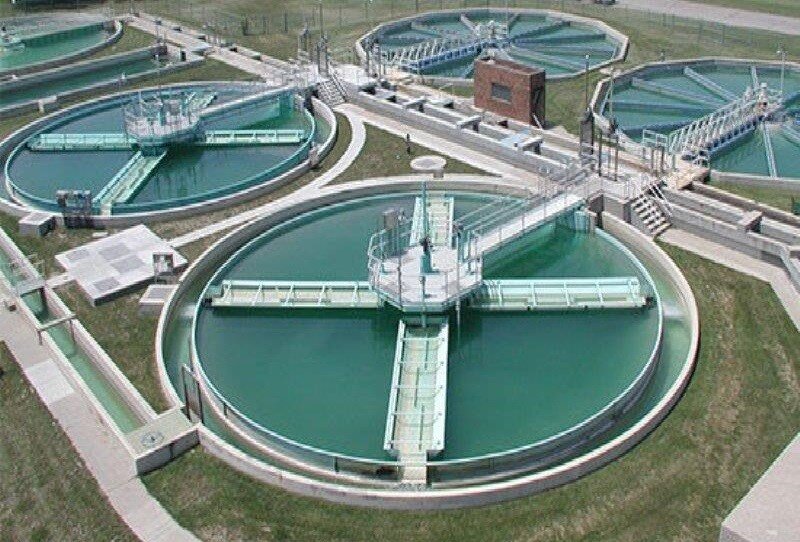Iran among top 4 countries in water technology

TEHRAN – In 2022, Iran was ranked the fourth top country in the world in water technology, Mohammad Hemmat, an official with the Vice Presidency for Science and Technology, has said.
Through targeted planning, the Vice Presidency intends to advance the country’s position to the third top country in this field, IRNA quoted Hemmat as saying.
In 2021, the country was ranked sixth in the world by the prestigious ranking site SCImago, he added.
“Currently, according to the announced ranking, only three countries, namely China, the United States, and India are ranked higher than Iran, and all European countries are ranked lower than Iran in this scientific field.”
Over the past 25 years, Iran has surpassed countries such as England, Germany, Canada, France, Russia, Japan, the Netherlands, Sweden, Switzerland, Norway, and many other countries, he concluded.
The Vice Presidency for Science and Technology has allocated one billion euros for implementing 26 large propelling projects over the course of three years.
The projects are to be implemented in the fields of health, transportation, water, and food security, Rouhollah Dehqani-Firouzabadi, the vice president for science and technology, said in March.
The projects are of high-level technology that will have a great impact on people's lives, he added.
He also said that the projects will be implemented with the support of the Iranian elites living abroad.
“We have defined 18 propelling projects for the current year and eight more for the next year,” Dehqani-Firouzabadi noted.
More than 300 knowledge-based companies are active in the country to resolve the problem of water shortage by presenting over 3,500 products, IRNA reported.
The intensification of climate change has spread the phenomenon of drought not only in countries with arid and semi-arid climates such as Iran but also in regions such as Europe and America.
World Meteorological Organization experts have announced that some regions and countries like Iran are at the center of the water shortage problem.
Studies show that Iran will face a very large drought in the next eight years.
In big cities like Tehran, the phenomenon of water shortage is caused by excessive population growth, migration, and increasing demand for water.
Human-caused water losses are caused by the excessive withdrawal of surface and underground water sources over a long period of time and the excessive consumption of water in homes, farms, and industries.
Precipitations in the country have decreased by 16 percent in the current water year that started September 23 compared to last year, according to the data released by the Meteorological Organization.
The average rainfall since the beginning of the water year has reached an average of 120 millimeters, while the normal rainfall for this time period is 143 mm, so it shows a decrease of 23 mm or 16% compared to the long-term.
President Ebrahim Raisi has said science and technology are the cornerstones of national development.
The chain of knowledge, research, innovation, and technology ensures sustainable development in the country, he added.
The national budget bill for the current Iranian calendar year 1402, which started on March 21, has earmarked about 37 trillion rials ($74 million) for science and technology.
The bill increased the budget by 35 percent compared to the previous year’s budget, ISNA reported.
Generalities have been approved for setting up the national foundation for science in the country.
Transforming the national fund for supporting researchers and technologists into the national foundation for science is on the agenda, IRNA reported.
The national fund for supporting researchers and technologists was established in 2003. Supporting the systematic development of basic sciences and humanities will be among the new missions of the national foundation for science.
According to the latest statistics, a total of 8,046 knowledge-based companies are operating in the country.
The number of knowledge-based companies in biotechnology, agriculture, and food industries is 362, in advanced pharmaceuticals is 480, in advanced materials (chemistry and polymer), is 1130, and in advanced machinery and equipment is 1721.
Moreover, 326 companies are operating in the field of medical equipment, 1821 companies in electricity and electronics, 1778 companies in information technology, 397 companies in commercialization, and 31 companies in creative industries and humanities.
MG
